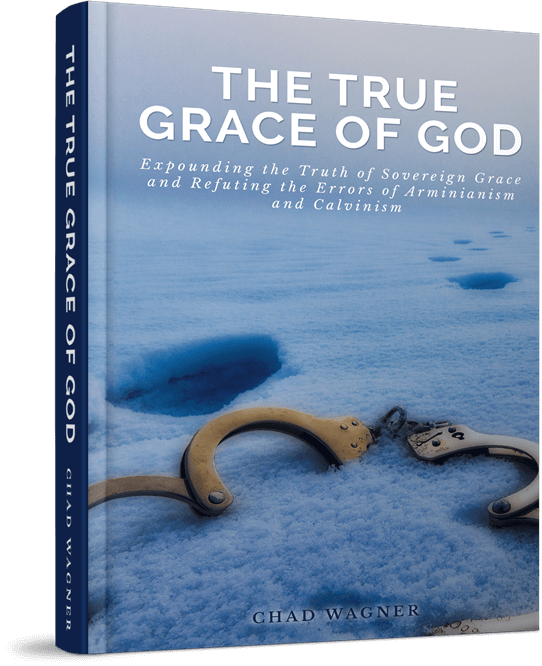The scripture teaches that it was by the obedience of Jesus Christ alone that many were made righteous.
Rom 5:19 – For as by one man’s disobedience many were made sinners, so by the obedience of one shall many be made righteous.
Arminianism advocates that eternal salvation is conditioned on believing the gospel. Men are charged by our Lord Jesus Christ to “repent ye, and believe the gospel” (Mar 1:15), and therefore to believe the gospel is to obey the command of Christ. But in order to believe the gospel, one must first hear it; and in order for one to hear it, a preacher must preach it to him; and in order for a preacher to preach it to him, the preacher must obey the command of Christ who sent him to do so.
Rom 10:14-17 – How then shall they call on him in whom they have not believed? and how shall they believe in him of whom they have not heard? and how shall they hear without a preacher? 15 And how shall they preach, except they be sent? as it is written, How beautiful are the feet of them that preach the gospel of peace, and bring glad tidings of good things! 16 But they have not all obeyed the gospel. For Esaias saith, Lord, who hath believed our report? 17 So then faith cometh by hearing, and hearing by the word of God.
So, according to Arminian theology, in order for a sinner to be saved, Jesus Christ had to obey the Father and sacrifice Himself on the cross to make his salvation possible, the sinner must obey the command of Christ to believe the gospel, which also requires a preacher to obey the command of Christ to preach it. Here is a salvation scheme which requires the obedience of three: Jesus Christ, the sinner, and the preacher. But the word of God says that “by the obedience of one shall many be made righteous” (Rom 5:19). This is just one of many examples wherein the Arminian doctrine of salvation is at odds with the teaching of scripture.
Furthermore, Rom 5:19 states that in the same way in which Adam’s disobedience made many sinners, so Christ’s obedience made many righteous. As will be demonstrated in chapter three of this book, no man had to accept Adam’s work of sin to be made a sinner, nor did any man have to accept Adam as his personal sinner to be condemned. Adam’s disobedience made men sinners, in which transaction they were entirely passive. In like manner, Christ’s obedience to God in living a sinless life and laying down His life as a sacrifice for the sins of His people made them righteous. Just as a man did not need to accept Adam’s work of sin or do anything to be made a condemned sinner, so did he not need to accept Christ’s work of redemption or do anything to be made righteous.








